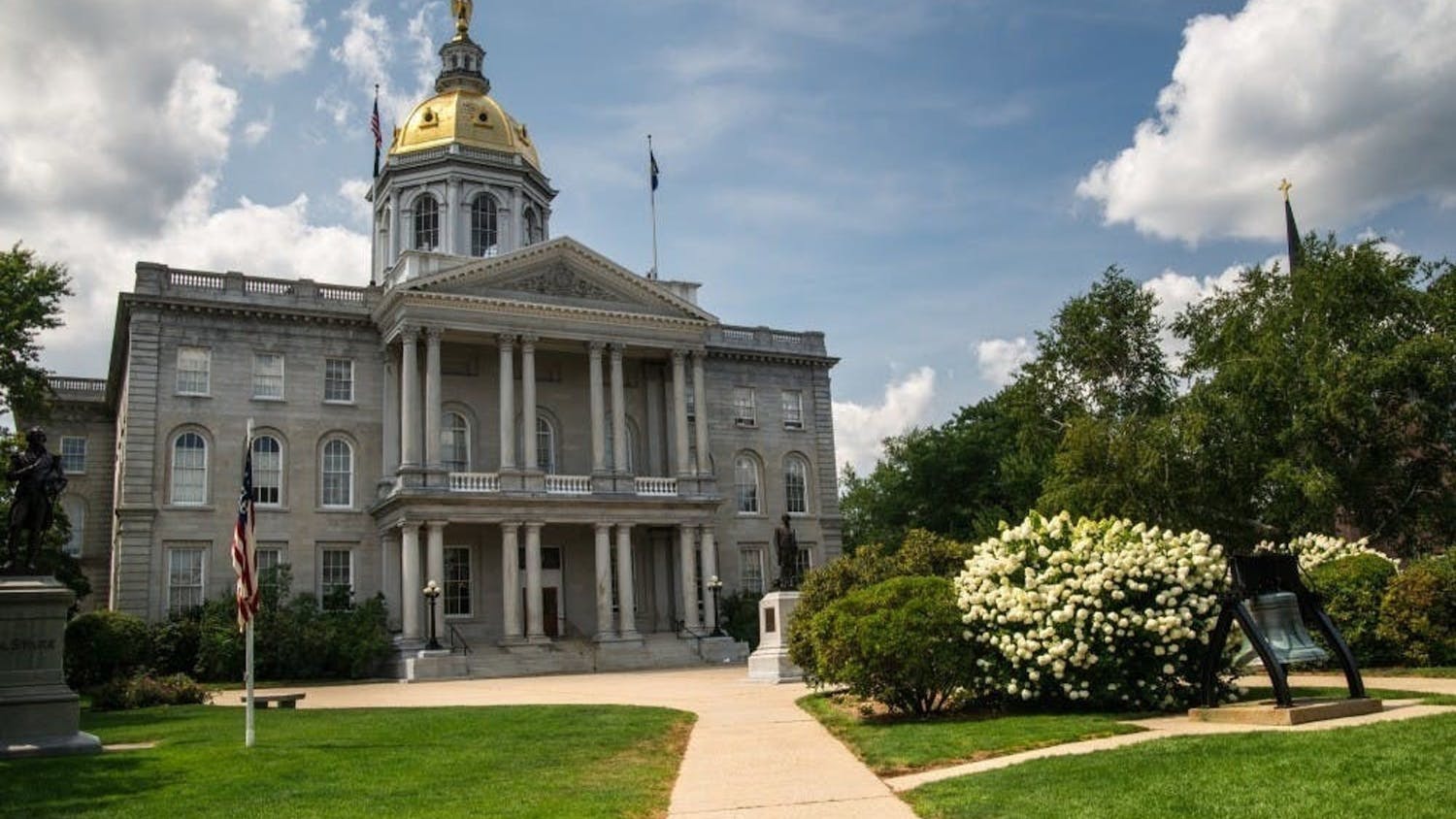Funding for medical research at Geisel School of Medicine and Dartmouth-Hitchcock Medical Center has remained relatively steady despite recent declines in federal funding, Geisel interim dean Duane Compton said. In 2013, the National Institutes of Health received a five percent budget cut, equivalent to $1.55 billion, as part of a federally mandated sequester.
Compton said that the federal budget cuts have affected research at Geisel and that most academic centers are experiencing a “contraction.” He added that the medical school is actively looking for industry partnerships and funding from philanthropic organizations and foundations.
NIH received $30.1 billion in the 2014 fiscal year and will receive $30.6 billion for the 2015 fiscal year. Last month, the House Budget Committee rejected an amendment to add $51 billion in NIH funding over the next decade.
NIH funding in the last five years has essentially been flat, but in reality funding is declining as inflation increases the cost of doing research, Geisel’s psychiatry department chair Alan Green said.
“If funding is threatened even somewhat, that makes a dent in the capacity of the research output in the United States,” he said. “Cutbacks in federal funding can’t be ignored — it’s a serious problem. I hope this will at some point turn around, though investigators at Dartmouth are continuing to do quite well with NIH funding.”
Geisel epidemiology professor Jennifer Doherty said the major goal for most biomedical researchers is to receive federal funding, mainly through NIH. She added that alternative sources of funding include other federal organizations such as the National Science Foundation and the U.S. Department of Defense as well as non-profit foundations such as the American Heart Association and the Howard Hughes Medical Institute.
Compton said that Geisel covers most overhead costs of research, including the provision of lab space and facilities.
Geisel medicine professor and DHMC immunologist Jeffrey Parsonnet said that the amount of NIH funding available varies from field to field. He said some researchers receive funding from corporations to conduct clinical trials or develop products. He is currently working with a tampon manufacturer on toxic shock syndrome research, he said.
Geisel medicine professor and DHMC cardiologist Paul Steiner said that there have not been many NIH grants within DHMC’s cardiology department. The College offers some funding as seed money for younger researchers to help support their career development, he said.
Chairman of DHMC’s Board of Trustees Robert Oden noted that Green’s research team won an $18 million grant in 2013 from NIH’s Clinical and Translational Science Award program that supports the College’s clinical and translational science institute, called Dartmouth Synergy. Translational research focuses on bridging the gap between lab science and practical medical applications.
“I would call it one of the biggest single grants the whole of Dartmouth has ever gotten,” he said. “If we keep up that kind of success, I would worry a whole lot less about the future.”
Green said that the grant will continue to fund Synergy until 2018, when he said he intends to reapply to the program.
Doherty said the number and size of grant proposals researchers submit depend on the size of their research program and whether they are also receiving revenue from clinical work. She said that researchers often submit about six to 10 grant proposals per year.
Compton said that Geisel and DHMC are working on collaborating more to facilitate research at both institutions. A strong partnership between Geisel and DHMC is required to educate students and conduct research effectively, he said.
Geisel and DHMC have wanted to strengthen their partnership for decades, Oden said. He added that trustees for both institutions regularly have dinner together to improve the connection.
Oden said one of his concerns for the future is that research will not be prioritized as budgets are allocated.
“A worry is that commercial organizations and the non-academic general public won’t understand how crucially important research is for the future,” he said. “If professors are not doing research, they’re not advancing their fields.”



